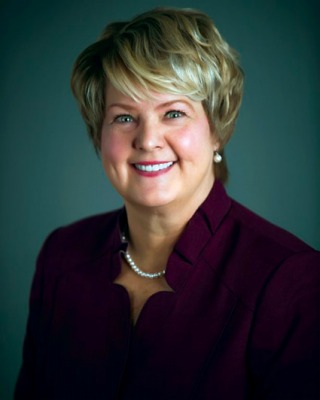
By Debbie Gardner
debbieg@thereminder.com
Christine Maiwald is serious about combatting bullying. The former corporate administrator for Renaissance Advisory Services LLC of Ludlow, she spent two years on Unify Against Bullying’s Board of Directors before recently accepting the position of Executive Director with the young non-profit.
“I am passionate about educating children and adults about the devastating effects bullying can have,” said Maiwald, adding that “In just three short years, Unify Against Bullying has been able to raise enough funds to award grants to 15 individuals and organizations whose mission it is to spread the anti-bullying message.”
Because grandparents, aunts and uncles are often confidants, Prime asked Maiwald how these elders can spot the signs – and help – young people in their families cope with acts of bullying.
Q: Not everyone opens up about being bullied, be it at school, at work or at home. What are some of the signs and symptoms grandparents and other concerned elders should be alert to?
“Keep in mind that not all kids who are being bullied exhibit warning signs. Therefore, it is important keep the lines of communication open. Bullying affects children of every shape, size, age, ethnicity, sexual orientation or physical ability. Cyberbullying has become more rampant and has contributed to the suicides of multiple children. “Bullies now have multiple ways to harass their victims. It is important to talk to the child and ask questions like, “What was one good thing that happened today”? “Any bad things”? Family members can look for loss of personal belongings, torn clothes and unexplainable injuries. If the child complains about freQ: uent headaches and stomachaches, appears fearful and reluctant to go to school, avoids recess or school activities, grades are declining and experiences sudden loss of friends, all are cause for concern. Other signs to look for are changes in eating habits, trouble sleeping, nightmares and decreased self-esteem.”
Q: Sometimes it is the grandparent, aunt or uncle that a young person feels comfortable opening up to. How should you handle a confession that your young relative is being bullied?
“Bullying can make a child feel helpless. Don’t ignore it. Don’t think kids can work it out without adult help. It is important to stay calm as you discuss these events with the child to avoid increasing their anger, fear, or concern. Focus on making the child feel loved and supported. Let them know that everyone has a right to feel happy and protected at school.
“Bullying is not something that just goes away on its own so take it seriously. Don’t encourage the child to hit back as they may be expelled for physical aggression from schools with a ‘zero tolerance policy’. The family member should write down the details of the bullying situations reported by the child. List dates and the name/names of the kid/kids involved. Immediately report it to the parent or guardian so they can contact the child’s teacher. The parent can then calmly talk with the teacher providing a list of what has been done to their child. The parent and teacher can work together to decide how to approach the problem. ”
Q: What are some other ways family elders can help the next generation cope with and prevent bullying at school, at home, online or in the workplace?
“When adults treat others with kindness and respect, kids learn from watching their actions.
Any time you speak to another person in a mean or abusive way, you’re showing the child that bullying is OK. Teach children to be self-confident and engage them in freQ: uent conversations about their social life. Educate them as to what bullying is and that it is unacceptable. Make sure they know how to get help. Schools can establish anonymous reporting tools like suggestion boxes or cyberbullying hotlines and have a ‘Sit with someone you don’t know day.’
“Donate to anti-bullying organizations. All of us have the power to work together to put an end to bullying by celebrating our uniqueness. When we stand together we stand as one. ”
For more information visit the Unify Against Bullying website at www.unifyagainstbullying.org.